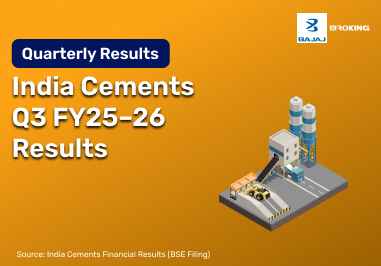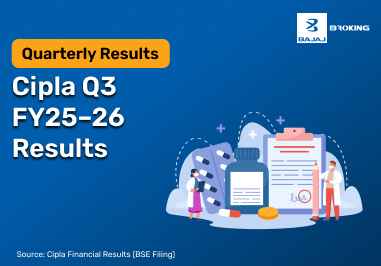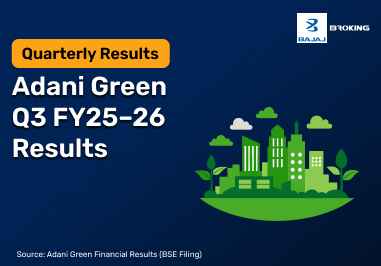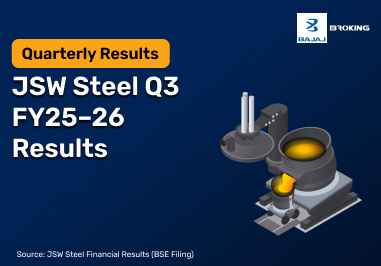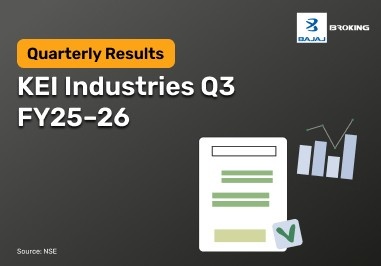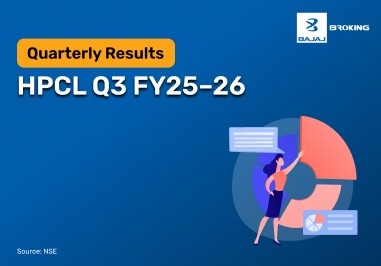Types of Dividends
Cash Dividends
The company sends money directly to shareholders’ bank accounts. It’s the common type, providing quick access to profits without selling shares or changing ownership in any way.
Stock Dividends
Instead of cash, the company gives extra shares to shareholders. Your shareholding increases without extra cost, allowing you to own a bigger portion of the company’s total equity over time.
Additional Read: What are Stock Dividends
Special Dividends
These are rare, one-time payouts given under special conditions, like selling a major asset. They are not part of the regular dividend schedule and often signal unusually high profits.
Interim Dividends
Paid before the company’s annual results are finalised, based on estimated profits. They act as early rewards to shareholders, showing management’s confidence in ongoing performance during the financial year.
Final Dividends
Declared after the year ends and profits are confirmed, then approved in the Annual General Meeting. They’re the company’s way of sharing confirmed earnings with shareholders for that year.
Why Buy Dividend Stocks?
Regular Income – Dividends give steady earnings without selling your shares. This is useful for retirees or passive investors who want reliable income to cover living expenses or reinvest for long-term growth.
Reinvestment Opportunities – Dividends can be reinvested to buy more shares. Over time, this compounding effect increases your ownership and can significantly grow the value of your investment portfolio naturally.
Corporate Health Indicator – Regular dividend payments often show a company’s strong financial position. It signals stability, steady profits, and management’s confidence in continuing to reward shareholders while maintaining operational growth.
Favourable Taxation – While dividends are taxable under Indian law, for some investors they can still be more tax-efficient than other income sources, depending on personal tax slabs and overall investment strategy.
How Are Dividends Paid Out?
Declaration Date – The company announces details like dividend per share, ex-dividend date, and payment date. This is the official confirmation that shareholders will receive part of the profits earned.
Ex-Dividend Date – The last date to qualify for the dividend. Buying shares on or after this date means you will not receive the announced dividend for that cycle.
Record Date – The company checks shareholder records on this date. Only investors listed as shareholders in the company’s books are eligible to receive the dividend payment announced earlier.
Payment Date – This is when the dividend is actually credited to shareholders, either by direct bank transfer or cheque, depending on the company’s chosen method of distributing profits.
Additional Read: How to Identify High Dividend Paying Stocks?
How to Calculate Dividends?
To find your dividend, multiply the dividend per share (DPS) by the number of shares you own. Example: ₹5 DPS × 200 shares = ₹1,000 total dividend.
To find DPS, divide the total dividend paid by total outstanding shares. Example: ₹50 lakh ÷ 10 lakh shares = ₹5 DPS. This is the company’s payout per share.
Dividend yield shows return from dividends alone. Formula: (Annual DPS ÷ Share Price) × 100. This helps compare dividend-paying stocks with others, making it easier to choose income-focused investments.
Impact of Dividend on Share Prices
A company’s share price often shows a short-term rise when it announces a dividend, as investors view dividends as a strong signal of financial health and confidence in future earnings growth.
This announcement creates a sense of reliability and attracts positive market sentiment. However, on the ex-dividend date, share prices typically decline by roughly the same amount as the dividend. This happens because new buyers are no longer entitled to receive the upcoming payout, leading to an adjustment in the stock’s market value.
Companies with a consistent record of paying dividends tend to attract more long-term investors, as dividends reflect stability and shareholder commitment. While short-term price fluctuations around dividend dates are normal, steady demand from investors can help maintain higher share prices over time.
Mechanics of Dividends
Step 1: Publicly listed companies earn profits and set aside a portion as retained earnings.
Step 2: Management decides whether to reinvest these retained earnings or distribute them as dividends to shareholders.
Step 3: The board of directors, with shareholder approval, formally declares a dividend on the company’s shares.
Step 4: Key dates related to dividend declaration, such as record date and payment date, are announced.
Step 5: Shareholders’ eligibility for receiving the dividend is verified.
Step 6: Dividends are distributed to eligible shareholders, usually as cash or additional shares.
Alternatively, companies may choose to reinvest surplus earnings to expand operations or improve productivity.
Both dividend payouts and retained earnings significantly impact a company’s financial structure and long-term growth.
Dividend Payout Ratio vs Dividend Yields
Aspect
| Dividend Payout Ratio
| Dividend Yield
|
Definition
| Indicates the portion of a company’s net earnings distributed as dividends.
| Highlights the rate of return shareholders earn in the form of cash dividends.
|
Focus
| Focuses on how much profit is paid out to shareholders vs. retained by the company.
| Focuses on investor return relative to the stock price.
|
Usefulness
| Reflects a company’s ability to sustain dividend payments based on profits.
| Influenced by stock price movements; even small price changes affect yield.
|
Association
| Linked to company earnings and cash flow management.
| Linked to dividend amount received compared to share price.
|
Formula
| –
| Dividend Yield = Annual Dividends per Share ÷ Price per Share
|
Investor Guidance
| Helps assess whether a company distributes earnings sustainably.
| Helps investors compare returns across dividend-paying stocks.
|
Note for Investors
| Shows how much profit is given back to shareholders.
| Investors should review dividend stock lists and analyze financial parameters before investing.
|
Additionally Read: Shareholder vs Debenture Holder
Conclusion
Discovering what dividends signify in the stock market shows that they can be strategically important to your investment portfolio.
The appeal of consistent income, the possibility of reinvestment, or the stability they may suggest about a company are just a few of the many reasons why dividends in stocks are a complex aspect of investing.


